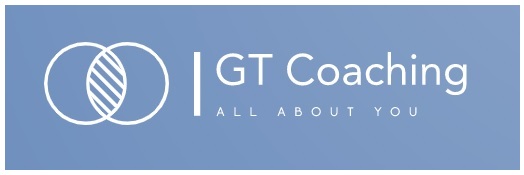Assessing levels of awareness can be difficult, especially when one lacks self-awareness. Self-awareness assessments are frequently based on a scale, such as “Am I self-aware 1 to 10?” Whatever score is assigned, it does nothing to raise awareness and only has meaning for the individual.
It is also worth noting that someone who is self-aware may give themselves a low score, whereas someone who is not self-aware may give themselves a high score. There may also be other inference when a score is allocated.
Consider the advantages of evaluating self-awareness over time by asking the following questions:
- When did the situation become clear to you?
- What was your reaction in the moment?
- Could your reaction in the moment have been different?
- Would it have changed your experience if your reaction had been different in the moment?
- When did you become aware of the possibility that your reaction could have been different?
After responding to the questions above, you can determine when you are self-aware in the moment and self-aware on reflection.
Working towards self-awareness in the moment may result in access to a variety of opportunities as they occur.
Options
To make a commitment to practicing self-awareness, perhaps acknowledging that there will be occasions where things are clear in the moment but on other occasions things only become clear on reflection.
Or
Change nothing as the commitment is already in place or you don’t feel it is something you want to commit to.




